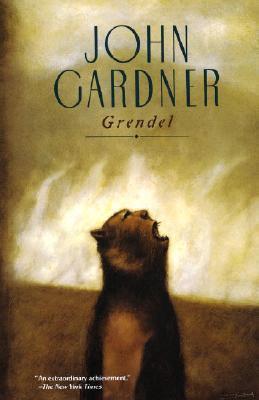Chapter 8
byChapter 8 begins in the aftermath of Halga the Good’s murder, a tragic event that casts a long shadow over the characters and the events that follow. Hrothulf arrives at Hart, placed under the care of his aunt, Wealtheow, amidst a tense and sorrowful atmosphere. The underlying tension between the characters becomes evident, particularly through Hrothgar’s wary observation of Hrothulf, his eyes filled with suspicion and concern. At fourteen, Hrothulf is portrayed as a troubled and introspective figure, still grappling with the recent death of his father and the heavy expectations placed upon him as a possible heir. The loss of his father weighs heavily on him, and he seems to silently question his role in a future that feels uncertain and fraught with responsibility. His presence in Hart marks the beginning of a new chapter for him, one that blends grief, expectation, and the looming question of legacy.
Wealtheow’s kindness offers a stark contrast to Hrothgar’s unease, as he reflects on the daunting burdens of leadership and the ever-present uncertainty surrounding the future of his kingdom. The Shaper’s song, echoing throughout the meadhall, provides a melancholic backdrop to the unfolding events, highlighting themes of legacy, duty, and the weight of noble actions. Hrothulf, although calm on the outside, is clearly wrestling with his own internal conflicts, which are visible in his subdued interactions with the younger cousins at the meadhall. His quiet contemplation emphasizes the tension between the life that has been thrust upon him and the desires and ambitions he might hold for himself. The delicate balance between public expectations and personal desires seems to pull at him, and though he tries to present a composed front, his inner turmoil becomes increasingly apparent with each passing day. This inner struggle points to the complex nature of leadership and the deep personal conflict that comes with it.
The narrative shifts to Hrothulf’s life beyond the meadhall, where he encounters Red Horse, an older peasant who introduces him to a new perspective on power and rebellion. Red Horse’s wisdom is subversive, arguing that violence is a necessary tool for revolution and that any true change must come through the overthrow of oppressive systems. The old man paints a grim picture of governance, one that is inherently corrupt and unjust, suggesting that only through rebellion can true freedom be achieved. Hrothulf, caught between his upbringing and these radical ideas, is visibly conflicted, unsure of where his moral compass should lie. The conversation with Red Horse forces him to reckon with the uncomfortable truth that power, in its many forms, is often maintained by force and control. This encounter marks a turning point for Hrothulf, as he begins to grapple with the moral implications of revolution and the violent actions that may come with it. His interactions with Red Horse reveal the complexity of his thoughts, as he begins to question the ideals he once held and the path he might eventually take.
The chapter also focuses on Hrothgar, once a robust and authoritative leader, now weakened by age, regret, and the burden of his past. His fears for the future of his kingdom are compounded by personal sorrow, particularly regarding Wealtheow, who represents the life he could have had but ultimately lost. The guilt of his own past mistakes, coupled with his anxieties about the future, make Hrothgar a man struggling with his own internal demons. As Hrothulf contemplates his possible future as a leader, he is drawn into the dual themes of violence and the pursuit of power that seem to dominate his world. His personal journey towards understanding the complexities of leadership is contrasted sharply with Hrothgar’s fears and regrets, painting a picture of a kingdom on the brink of transformation. The generation gap between the two characters highlights the tensions between old ideals and the emerging need for change, underscoring the conflict that will eventually come to a head.
As the chapter draws to a close, Hrothgar’s unsettling dreams offer a glimpse into the troubled mind of a man who has seen the weight of leadership and the cost of his past decisions. His dreams seem to foreshadow a shift toward darkness, revealing his deep-seated fears and the vulnerability of those in power. These dreams signal the growing sense of inevitability, where the fragility of leadership and the potential for rebellion are always present beneath the surface. The undercurrents of rebellion that are brewing within the kingdom become increasingly apparent, and the complex relationships between power, legacy, and personal desire suggest that change is on the horizon. Hrothulf’s internal conflict, paired with Hrothgar’s fading authority, sets the stage for a future filled with tension, transformation, and the potential for upheaval. The chapter concludes by highlighting the fragility of those who hold power, setting the stage for the conflicts that are sure to follow.

